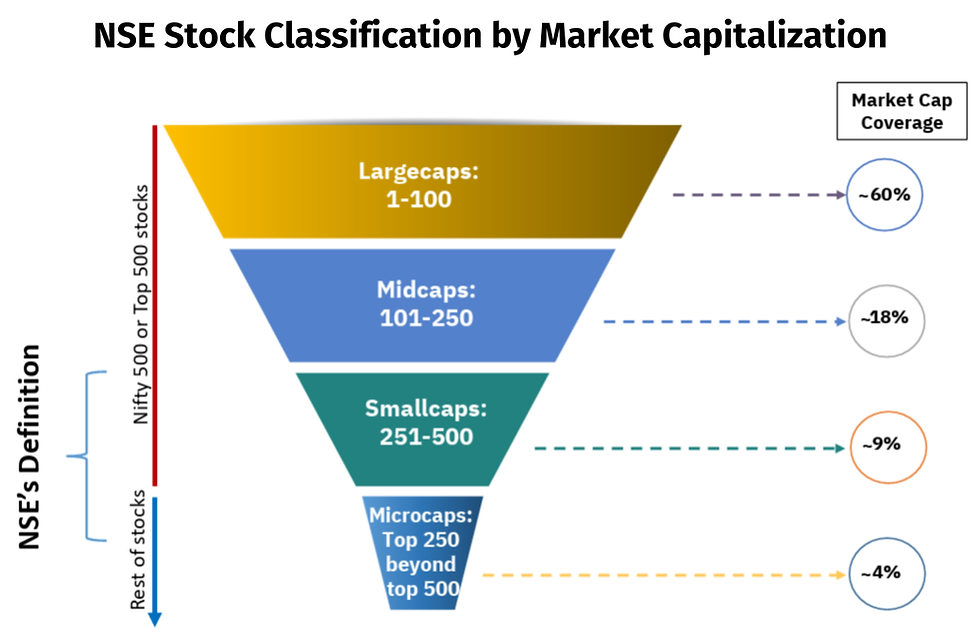Cognitive Flaws And Their Implications On Investing
- Akshay Nayak
- Nov 14
- 3 min read
Human behaviour plays a vital role in investing. In fact most investment errors can be traced back to human behaviour at some level. Flaws related to the human behaviour in investing are of two kinds. These are cognitive flaws and behavioural biases. Cognitive flaws are tied to blind spots in the way we think and decide. Behavioural biases are tied to blind spots in the way we act.
Cognitive flaws and behavioural biases are therefore closely related. Behavioural biases are almost always born from cognitive flaws. So understanding and avoiding them is essential to effective investing. So today I will be talking about major cognitive flaws and behavioural biases. I will also be showing how to avoid them.
Reductionism
This is a cognitive flaw tied to the human tendency to overly simplify complex information. The need to simplify is understandable. Human beings feel overwhelmed when faced with excessive complexity. Therefore we naturally look for ways to break down complexity. But this usually sees us fixate on a select few aspects of the information available to us.
This sees us miss important bits of information and insight hidden in the data available. This gives rise to a behavioural bias known as Anchoring Bias.

Critical evaluation of the available information and thorough prior research would help reduce anchoring bias. Not placing too much weight on opinions of third parties would also help.
Addiction To Certainty
Human beings crave certainty in outcomes of future events. The human brain is wired to search for clear answers as soon as possible. This induces us too rush to conclusions when we see similar outcomes occur to an event frequently. We therefore look for patterns in outcomes, even when there are none. We do this with the expectation that present patterns will persist indefinitely. This leads to a behavioural bias known as Hot Hand Fallacy.

We must remember that outcomes to events are always uncertain. A sequence of positive outcomes does not guarantee that it will continue in the future. Therefore it is pointless to look for patterns in a set of outcomes. Each event and its outcome must be viewed and treated independently. Our search for certainty is therefore a futile exercise.
Competition With The Inner Self
There is an emotional and a logical side to every human being. Emotions and logic play vital roles in any decision making process. This is no different with respect to financial decisions. Our logical and emotional selves would almost always be at odds when making financial decisions. The inner tug of war between emotions and logic usually overwhelms us. This sees us put off financial decisions for later. This would happen regardless of how important a particular financial decision may be.
This frequently sees us not make any decision in the end. And this can have extremely detrimental implications. Having a clear investment philosophy in place would help avoid such scenarios. It must clearly specify a framework for making financial decisions. The framework must have due allowance for our peculiar emotional and logical traits. This would ensure that each decision is made with an optimal balance of logic and emotion. The key questions that our investment philosophy must answer are laid out in the graphic below.

Emotional Hostage Taking
This is a cognitive flaw seen among those who are overly emotional. Those who are overly emotional feel both positive and negative emotions very deeply. Such people also ruminate and excessively analyse recent events that have affected them. Under the influence of emotions, they turn rash or over reactive. And their decisions are likely to heavily impacted by the influence of recent events. This gives rise to Recency Bias.

Investors who fall prey to the effects of recency bias must focus on being rational. They must remember that intelligence does not work under the sway of emotion. And it is the intelligent investor who ultimately wins. Not the emotional one.
Final Thoughts
Most of these cognitive flaws are too subtle to be clearly noticeable. They creep in slowly. And once they take root they affect our investing adversely, pervasively vely and permanently. It is therefore vitally important to be aware of them. It would help us spot them quickly. And the earlier we spot them, the better our chances of keeping them out.



Comments